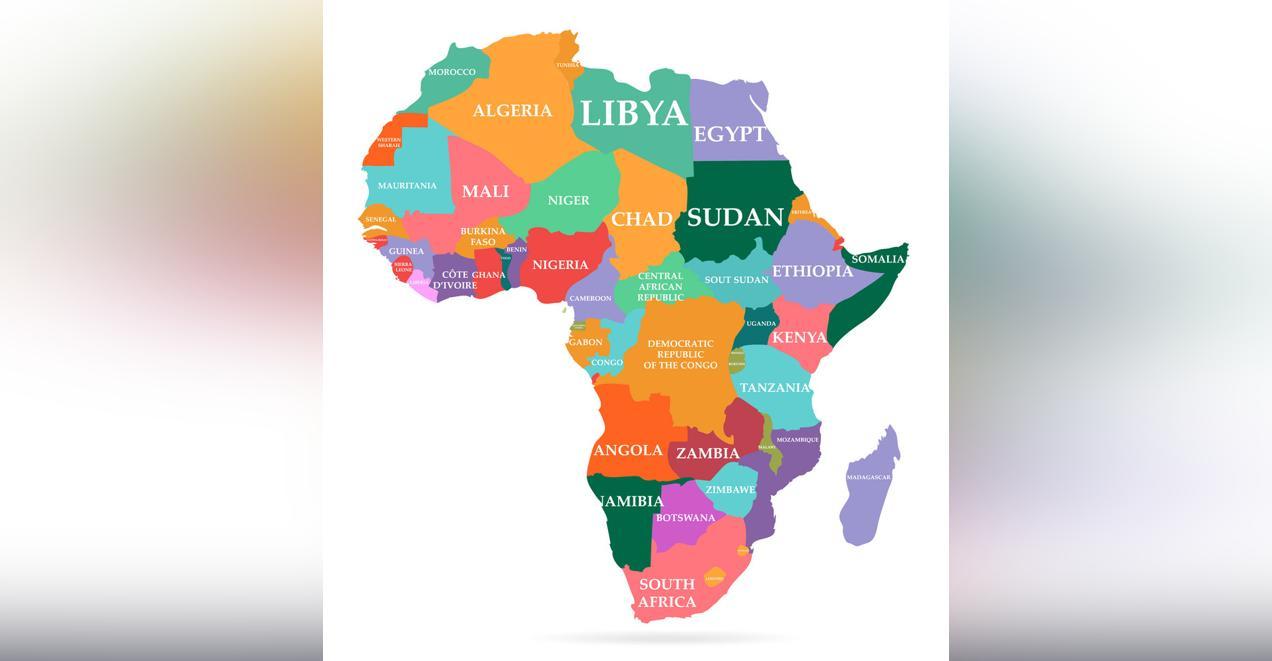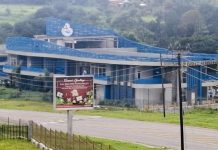Africa-Press – Eswatini. Nairobi was a thrilling experience with so much brilliance and insights exchanged.
The EU supported 12 African Union youth envoys and 12 youth advisory boards delegates from across the continent, namely two from Namibia, Zambia, Zimbabwe, Mauritius, Ethiopia and one from Eswatini and Morocco.
We were all selected to represent the youth boards in our countries as young people in the green space. It was a wonderful meeting and getting to create relationships with these great minds. We shared experiences, ideas and how we think we can contribute to the global crisis as youth ambassadors.
We had activities for AU-EU delegates on the second day of the assembly. We kicked it off with tree planting at Tio primary school, which was led by Chido Mpemba, the AU youth envoy leader.
There I met Joe Wambu who was coordinating the pupils, we had a brief conversation and I got to ask what inspired him.
He shared that he was just a mathematician, who is also passionate about climate change and that he would love to see were pupils with an understanding of what is happening around them, opportunities it poses and how they can be change makers from a young age.
After that we had an intergenerational dialogue, and my key take away was Her Excellency’s remarks on her acknowledging that their role as leaders and elders is to provide resources and direction for the radical ideas we come with instead of being dismissive, totally loved that.
We then had brief discussions on climate resilience, mitigation and adaptation then pitched and our group ‘Climate Resilience’ won.
The day ended with a reception at the Swedish embassy, it was such a thrilling experience. The garden was so beautiful and breathtaking, a reflection of Nairobi.
Africa Climate Week also provided a platform for policymakers, practitioners, businesses and civil society to exchange on climate solutions, barriers to overcome and opportunities realised in different regions, leading to the first global stock-take concluding at COP28 in United Arab Emirates (UAE) in December of this year.
Deputy Prime Minister, Themba Masuku, represented His Majesty King Mswati III at the summit.
Masuku said Africa Climate Week considered four major systems-based tracks with a view of providing region-focused contributions to inform the global stock-take on: energy systems and industry, cities, urban and rural settlements, infrastructure and transport, land, ocean, food and water, societies, health, livelihoods and economies.
“With the expectation of escalating climate crises in terms of frequency and intensity, urgent action is required to mitigate these challenges,” said Masuku.
When making his presentation on the importance of natural capital to Africa’s financial sector as well as associated risks and opportunities, Masuku shared how the country had introduced a National Climate Change Policy in an attempt to address climate change impacts.
He explained that Eswatini faced the same negative impacts of climate change as the rest of Africa and the world at large regardless of being a small country.
He highlighted that the policy sought to identify the development of a sustainable, climate-resilient and inclusive low-carbon green growth economy.
Sustainable
“The policy focuses primarily on the areas of agriculture and food security, water resources, biodiversity and ecosystems, health, tourism, energy and traditions and customs,” he said, adding that the country recognised its natural capital as a foundation for sustainable development as well as its commitment to preserving biodiversity, safeguarding landscapes, and harnessing ecosystems services.
He said Eswatini was rich in natural capital with vast tracts of land and various plantations both commercial and community based and explained that the State introduced an annual tree planting day in an effort to promote biodiversity and harness ecosystems.
“This is to encourage all community members to plant a tree, and the current target is to have at least 1 million trees planted every year,” he stated.
He explained that the trees were used for various purposes, among which was to reclaim and rehabilitate eroded land, as a means to address an issue of soil erosion and degradation.
Masuku also shared that drip irrigation was introduced in many farming communities, as a means of promoting water conservation.
He noted that the country was blessed with minerals and a rich biodiversity as it had a vast array of wetlands located on non-title deed Swati Nation Land, which served as water supply for the surrounding communities and were home to many species of Eswatini’s flora and fauna.
Furthermore, the DPM noted that nature finance could drive economic growth, create jobs and enhance livelihoods, and shared that the country currently embarked on the Big 5 Project which sought to bring together a number of parks in the Eastern parts of the Kingdom into one bigger park.
“This will increase the protected area network from 6.25 per cent to 9.3 per cent, which is an increase of over 50 000 hectares, and this target will not only help Eswatini move towards achieving target 11 of the Aichi Targets, but also ensure that animals have an area where they move and breed freely,” said the DPM.
For More News And Analysis About Eswatini Follow Africa-Press







